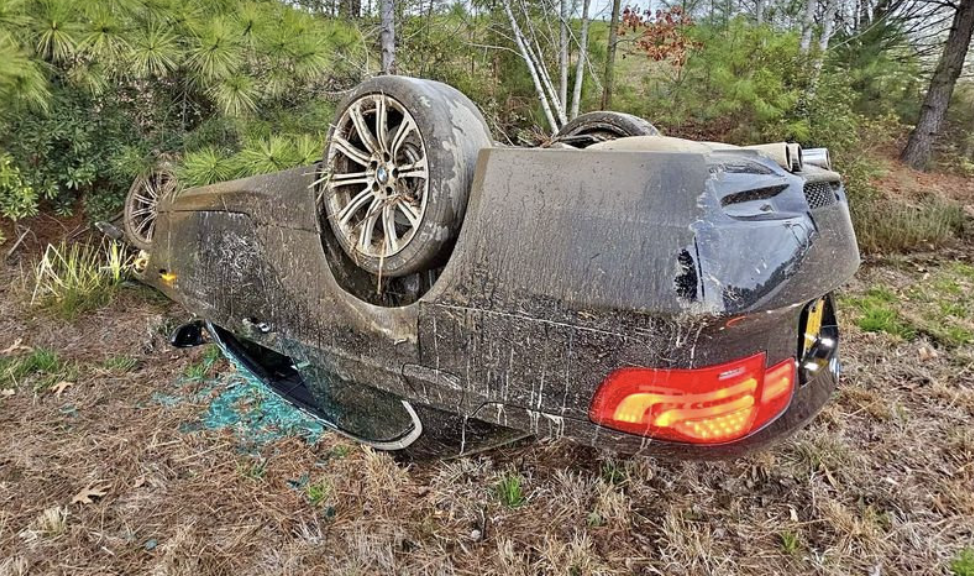
What is a salvage title vehicle and is it really that bad?
A salvage title vehicle, often referred to simply as a “salvage car,” is a type of title designation given to a vehicle by the relevant state’s Department of Motor Vehicles (DMV) or equivalent agency. This designation is used to indicate that the vehicle has been significantly damaged, typically due to an accident, fire, flood, or other events, and has been declared a total loss by an insurance company. In other words, the cost of repairing the vehicle to a safe and roadworthy condition is deemed to be higher than its actual cash value (ACV) at the time of the incident.

Here are some key points to understand about salvage title vehicles:
- Significant Damage: Salvage title vehicles have often suffered extensive damage that could affect their structural integrity, safety systems, and overall functionality. This damage could result from a severe accident, fire, flood, or other catastrophic events.
- Insurance Company Involvement: When an insured vehicle sustains substantial damage, the owner typically files a claim with their insurance company. If the insurance company determines that the cost of repairs exceeds a certain percentage (often around 70-80%) of the vehicle’s ACV, they may declare it a total loss.
- Transfer of Ownership: In many cases, the insurance company will take possession of the salvage vehicle and provide compensation to the owner. Afterward, the insurance company will apply for a salvage title from the DMV, which effectively transfers ownership from the policyholder to the insurance company.
- Rebuilding and Reinspection: Some salvage vehicles are sold at auctions or to individuals or businesses that specialize in automotive repair and restoration. These buyers, known as rebuilders, may invest time and resources into repairing and restoring the vehicle to make it roadworthy again. After the necessary repairs are completed, the vehicle must undergo a safety inspection mandated by the state.
- Issuance of a Rebuilt Title: If the vehicle passes the state-mandated safety inspection and is deemed roadworthy, it may receive a new title designation known as a “rebuilt title.” A rebuilt title signifies that the vehicle was previously a salvage but has since been repaired and inspected for safety.
- Lower Resale Value: Vehicles with salvage titles typically have significantly lower resale values compared to those with clean titles. This is because potential buyers may be concerned about hidden damage or the vehicle’s safety and reliability.
- Insurance and Financing Challenges: Some insurance companies may be hesitant to provide coverage for salvage title vehicles, and financing options may be limited or come with higher interest rates.
- Disclosure Requirements: In many jurisdictions, sellers of salvage title vehicles are required by law to disclose the salvage title status to potential buyers.
It’s crucial for anyone considering the purchase of a salvage title vehicle to perform due diligence, including a thorough inspection by a qualified mechanic, and to understand the potential risks and challenges associated with owning and insuring such a vehicle. Additionally, the specific rules and regulations governing salvage titles can vary by state or country, so it’s essential to be aware of the local requirements and procedures when dealing with salvage title vehicles.











